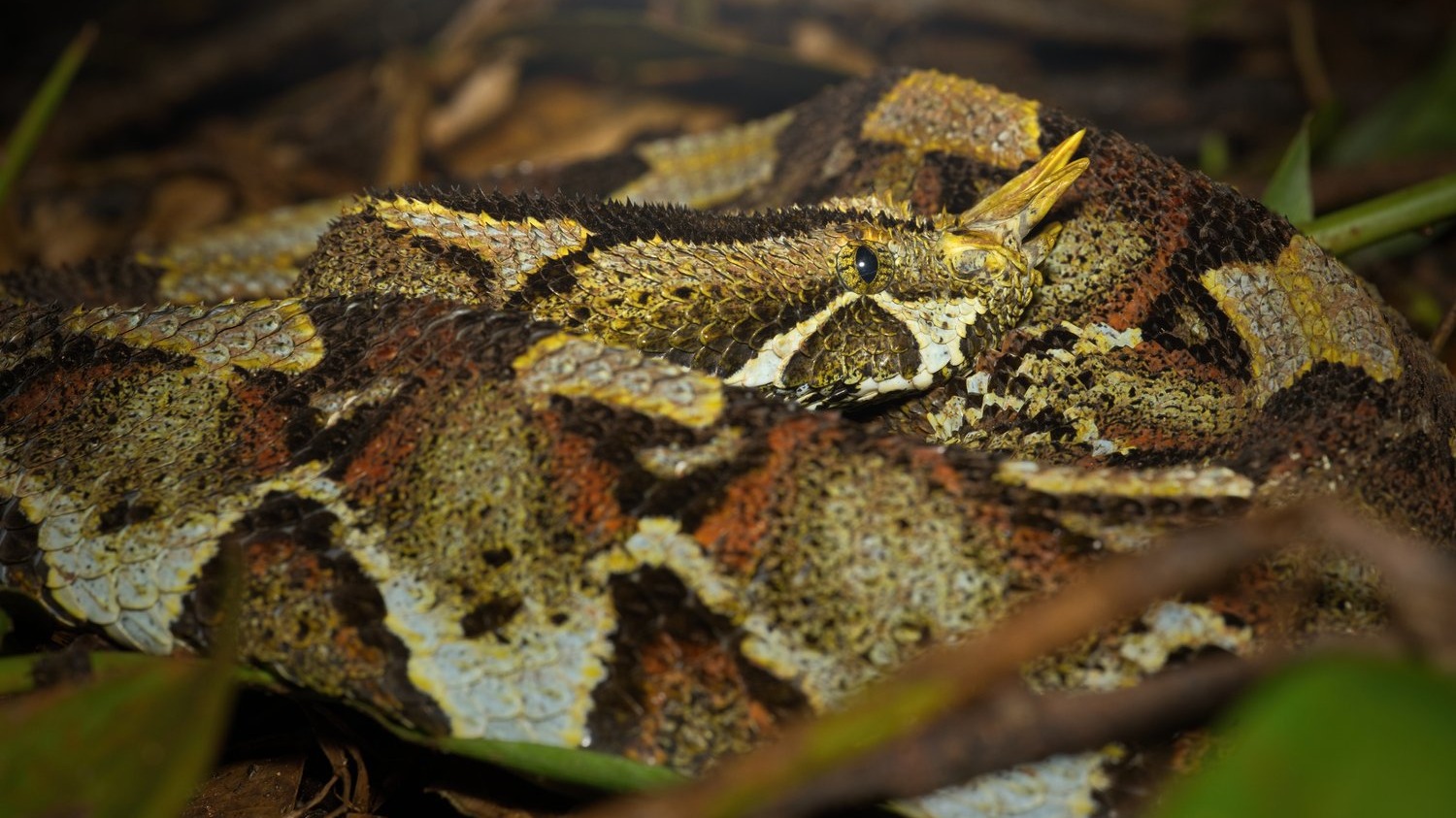
In the heart of East Africa, where lush forests meet sprawling savannahs, a quiet revolution is taking place. Uganda's rich biodiversity, particularly its remarkable reptile and amphibian species, has found a passionate defender in Emmanual Mukasa, founder of the Herp Fauna Foundation. His mission transcends mere conservation; it's about transforming how Ugandans perceive and interact with the wildlife that makes their country extraordinary.
The Visionary Behind Uganda's Reptile Conservation Movement
When Emmanual Mukasa established the Herp Fauna Foundation in 2020, he wasn't just creating another wildlife organization. He was addressing a critical gap in Uganda's conservation landscape. While the country's iconic mammals often receive attention from tourists and conservation efforts, its reptiles and amphibians, equally important to ecological balance, remained misunderstood and feared.
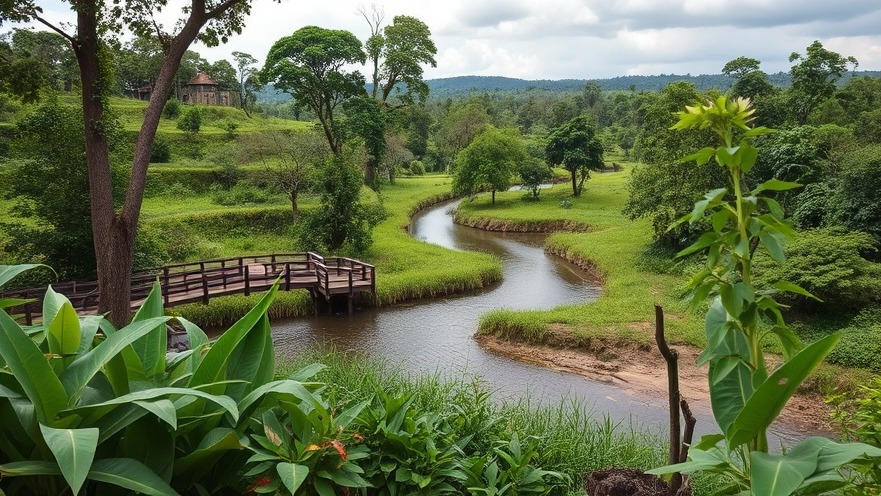
"Uganda is blessed with some amazing natural flora and fauna," Mukasa explains. "The economic and environmental value of keeping these natural areas intact is extremely important and can provide sustainable jobs for thousands of Ugandans."
This vision of conservation as both an ecological necessity and economic opportunity sets Herp Fauna apart. Mukasa has crafted an approach that protects wildlife while empowering communities, a dual purpose that addresses both environmental preservation and human development.
Transforming Fear into Fascination
In many Ugandan communities, encounters with snakes and other reptiles often end tragically, for both humans and animals. Snakebites claim lives, while misunderstood reptiles are killed out of fear. Mukasa recognized that sustainable change required addressing these deep-rooted attitudes.
"We must educate our youth in order to change the overall attitudes that people have towards reptiles and wildlife in general," Mukasa emphasizes. Through carefully designed educational programs, Herp Fauna teaches communities about the ecological value of reptiles and amphibians, transforming fear into understanding and appreciation.
The foundation's approach is comprehensive, covering:
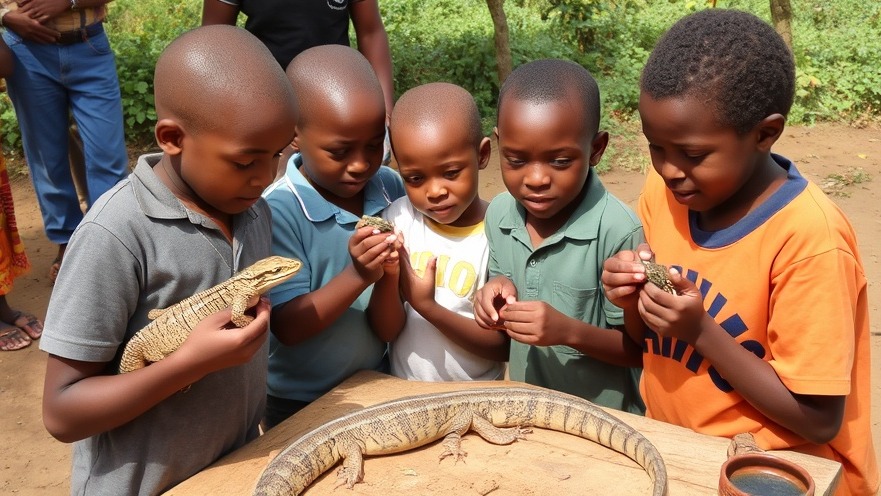
Wildlife Conservation Initiatives
From research expeditions that document Uganda's herpetological diversity to habitat restoration projects that ensure these species have safe environments to thrive, Herp Fauna works at multiple levels to protect vulnerable reptile and amphibian populations.
Snakebite Awareness & Management
Perhaps one of their most immediate life-saving activities, the foundation conducts workshops on snake safety, first aid protocols, and proper response to snakebites. In rural areas where medical facilities may be distant, this knowledge can mean the difference between life and death.
Rescue & Rehabilitation Services
When wildlife and humans come into conflict, such as when snakes enter homes or schools, Herp Fauna provides safe rescue, rehabilitation, and relocation services. This practical approach prevents harm to both the animals and people involved.
Community Conservation Education
The foundation regularly visits schools, community centers, and conservation groups to share knowledge about coexisting safely with wildlife. These sessions empower locals with the tools needed to appreciate rather than fear their natural heritage.
Ecotourism with a Twist: Herping Adventures in Uganda
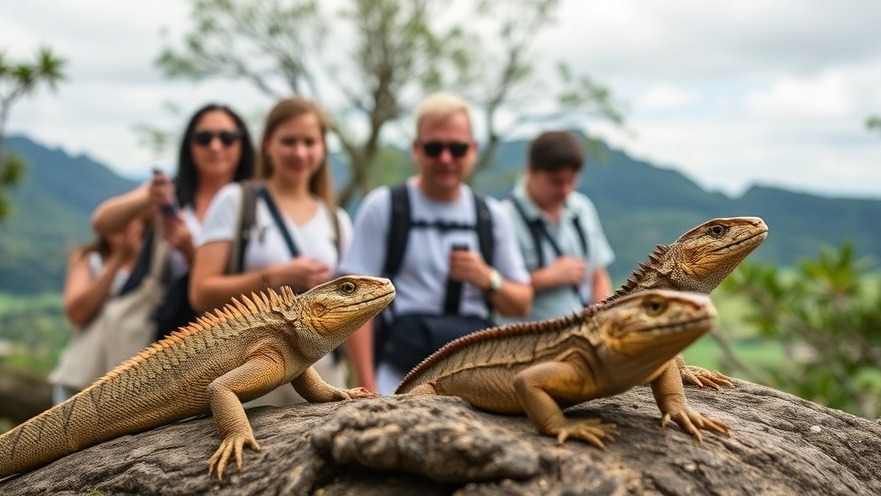
Innovation continues to drive Mukasa's vision. Recognizing both the economic potential of tourism and the need to showcase Uganda's lesser-known wildlife, Herp Fauna offers specialized "herping tours" for travelers seeking unique experiences.
"Come with us into the forests to seek out some of Uganda's most unique animal species, The Reptiles!" Mukasa invites. These tours not only provide unforgettable wildlife encounters for visitors but also create sustainable livelihoods for local guides and communities while highlighting the value of preserving natural habitats.
Frequently Asked Questions About Wildlife Conservation Careers
How can young people get involved in reptile conservation?
Young adults interested in this field can start by volunteering with organizations like Herp Fauna Foundation, pursuing education in biology, ecology, or conservation science, and developing field skills through guided experiences. Mukasa's foundation occasionally offers internships and training opportunities for passionate young conservationists.
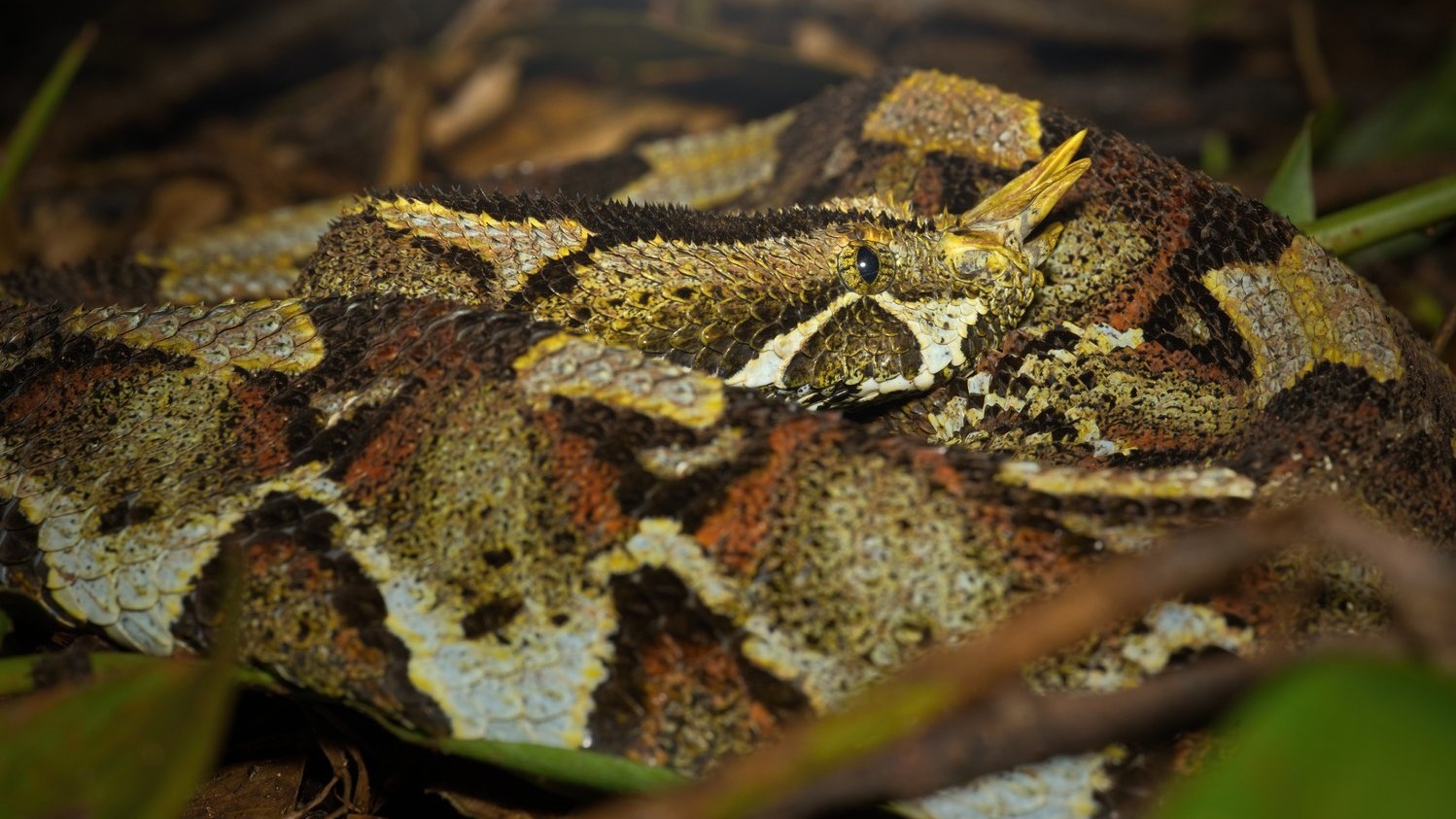
What skills are most valuable for a career in wildlife conservation in East Africa?
Beyond formal education, successful conservationists need strong communication skills to educate communities, basic field research abilities, problem-solving creativity, cultural sensitivity, and genuine passion for wildlife. Knowledge of local languages can be particularly advantageous.
Is this a viable career path in Uganda?
Absolutely. With growing awareness of conservation needs and increasing ecotourism opportunities, careers in wildlife management, conservation education, research, and sustainable tourism are expanding across East Africa. Mukasa's work demonstrates how conservation can create economic opportunities for communities.
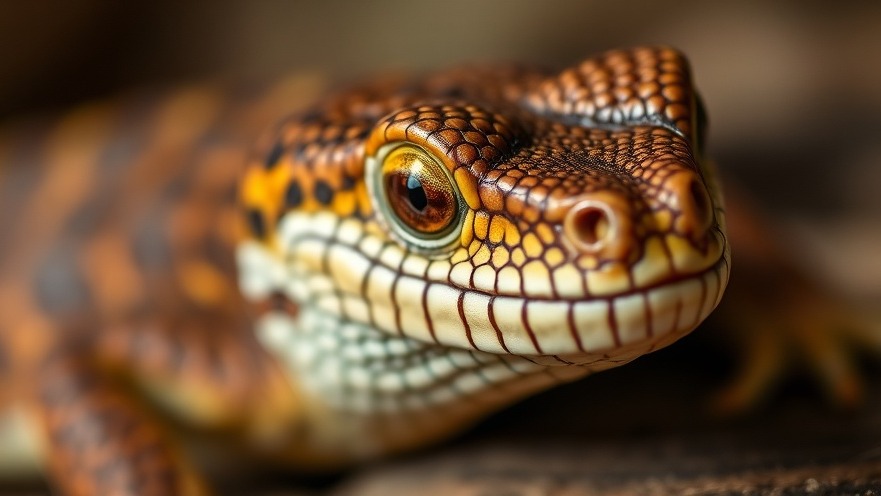
Join the Movement: Supporting Uganda's Wildlife Future
The challenges facing Uganda's reptiles and amphibians, habitat loss, human-wildlife conflict, and climate change, are substantial. Yet Mukasa's foundation proves that dedicated community-based efforts can make a significant difference.
"Together, we can create a safer and more sustainable future for Uganda's reptiles, amphibians, and people," Mukasa affirms.
For those inspired by this vision, there are multiple ways to contribute:
Support Herp Fauna's fundraising campaign: https://gofund.me/e2dcd3c9
Explore partnership opportunities for conservation initiatives
Volunteer time and expertise to educational programs
Book a specialized herping tour when visiting Uganda
Spread awareness about the importance of reptile and amphibian conservation
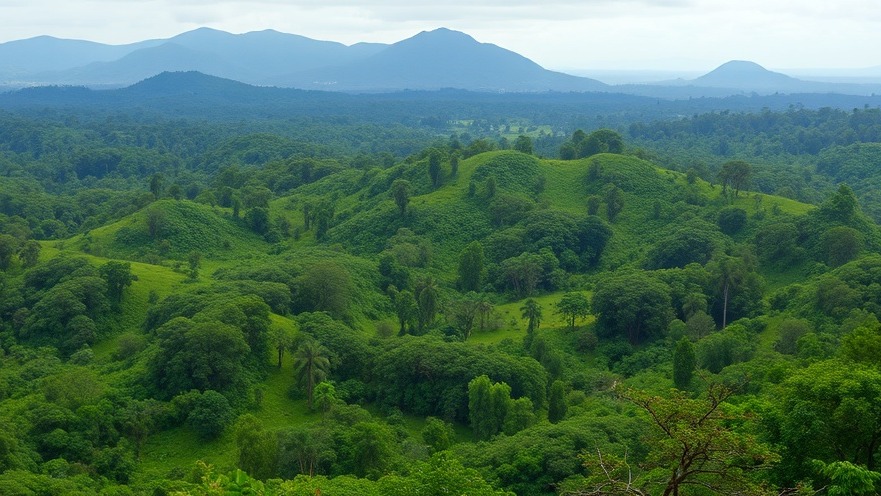
To learn more about Emmanual Mukasa's groundbreaking work or to collaborate with Herp Fauna Foundation, reach out via email at herpfauna2@gmail.com or call/WhatsApp +25678 201 0646.
As Uganda continues to develop its conservation strategies, visionaries like Emmanual Mukasa remind us that protecting wildlife isn't just about preserving species, it's about creating harmonious relationships between people and nature that benefit both. Through education, community engagement, and innovative approaches to ecotourism, Herp Fauna Foundation is writing a new chapter in East Africa's conservation story.
Visit Experts Nexus Exchange for more profiles of East Africa's conservation pioneers and frontline media coverage of the region's most pressing environmental stories.
 Add Row
Add Row  Add
Add 






 Add Row
Add Row  Add
Add 

Write A Comment